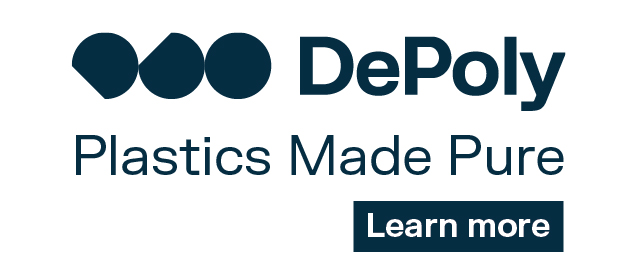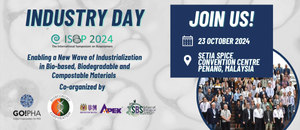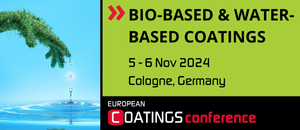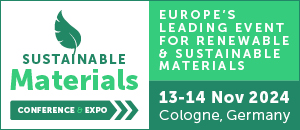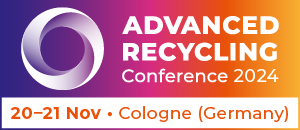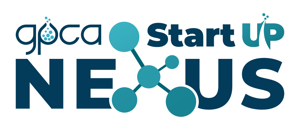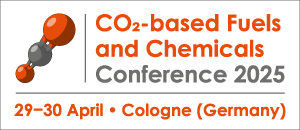The Climate tech start-up C1 has raised growth capital from well-known investors. Led by green tech investor Planet A Ventures, the investors include Paua Ventures and experienced industry managers. These include Dr. Jürgen Hambrecht, formerly CEO and chairman of the supervisory board of BASF, Prof. Wolfgang Reitzle, most recently chairman of the supervisory board of Linde, and Jim Hagemann Snabe, chairman of the supervisory board of Siemens.
“Our goal is to make the chemical industry less dependent on oil, gas and coal. In doing so, we have to become much faster. We are basically producing methanol today as we did 100 years ago, importing fossil fuels to do so,” explains CEO Christian Vollmann. The team around renowned chemist and co-founder Dr. Marek Checinski applies high-performance computer simulation to achieve this. “That’s a big advantage. Until now, innovations in the chemical industry have taken quite a long time because they were largely based on conventional experiments. Quantum chemistry is opening a new chapter here and becoming more important as computing power increases. This makes it possible to develop chemical processes that would have been impossible to conceive of just a few years ago,” says former BASF CEO and C1 Supervisory Board member Dr. Jürgen Hambrecht, describing his involvement.
The first chemical process that C1 has developed using its technology platform is a much more efficient and sustainable process for producing methanol. The alcohol has been an important basic material in the chemical industry since the beginning of industrialization. C1 technology allows non-fossil methanol to be produced from excess biomass, waste plastic, or CO2 and H2 . The key is a highly effective catalyst that makes the necessary chemical reaction much more efficient. It makes green methanol economical after all. And it also makes a different plant design possible:
“Until now, methanol has been produced in a few, gigantic plants. C1 technology, on the other hand, allows small, decentralized plants. This allows us to go where CO2 is a waste product and renewable energy is available for the process,” says Jan Christoph Gras, partner at Planet A Ventures. Another advantage that makes green methanol interesting for other industries as well.
One example is shipping, which cannot be electrified and relies on green methanol as a climate-friendly propulsion alternative. “The first ships will set out to sea in 2024. Demand will exceed supply for years to come. C1’s technology will reduce the green premium and accelerate the production ramp-up of green methanol,” says Jim Hagemann Snabe, former chairman of the board of Maersk, the world’s largest shipping company, which has already ordered 12 container ships powered by methanol.
“Achieving our climate goals critically depends on whether we manage to establish closed carbon cycles in our industrial value chains. I have seen many ideas to this end, but few have convinced me so far. C1 can make a valuable contribution here because they get to the root of the problem, namely the raw materials, and have a highly scalable technology,” says Prof. Wolfgang Reitzle, explaining his investment in C1.
About the C1 technology
C1 has developed a fundamentally new proprietary homogeneous catalysis for the production of methanol. The C1 process is much more selective, productive and efficient than the heterogeneous catalysis currently in use, which dates back to a patent from 1921. It works at significantly lower pressure and temperature, allows for more flexible operations and scales better. There are cost advantages in terms of both investment and operating costs.
About C1
C1 develops new, climate-friendly chemical production processes by rethinking chemical reactions from the atomic level all the way up to production scale. The chemical processes are designed with the help of quantum chemical simulations and implemented in proprietary production technologies. In doing so, the Berlin-based company develops and scales exclusively on the basis of renewable raw materials and energy. From the first steps in the development of a production process, all processes are designed to enable a closed carbon cycle. In this way, C1 supports industry on its way to net-zero. C1 was founded by Dr Marek Checinski (catalyst and quantum mechanic), Dr Ralph Krähnert (chemical engineer), Dr Christoph Zehe (chemist and techno-economist) and Christian Vollmann (tech entrepreneur). Dirk Radzinski (tech entrepreneur), Dr. Jürgen Hambrecht (former CEO BASF) and Dr. Udo Jung (BCG) sit on the supervisory board. Prof. Matthias Beller (Leibnitz Institute for Catalysis LIKAT) supports as scientific advisor.
About Planet A
Planet A Ventures is a venture capital firm based in Hamburg, Germany, providing early-stage funding and partnering with European green tech start-ups that have a significant positive impact on the planet while building scalable businesses. Planet A supports innovation in four key areas: Climate Protection, Waste Reduction, Resource Conservation and Biodiversity Protection. The fund is the first European venture capital fund to rely on its own scientific team to assess the environmental and climate impact of an innovation. A broad network of experienced founders and experts supports the portfolio companies. Previous investments include Traceless, Ineratec, Wildplastic, Dance and Makersite.
Source
C1, press release, 2022-03-31.
Supplier
BASF Corporation (US)
Linde Group
Planet A
Siemens AG
Share
Renewable Carbon News – Daily Newsletter
Subscribe to our daily email newsletter – the world's leading newsletter on renewable materials and chemicals





